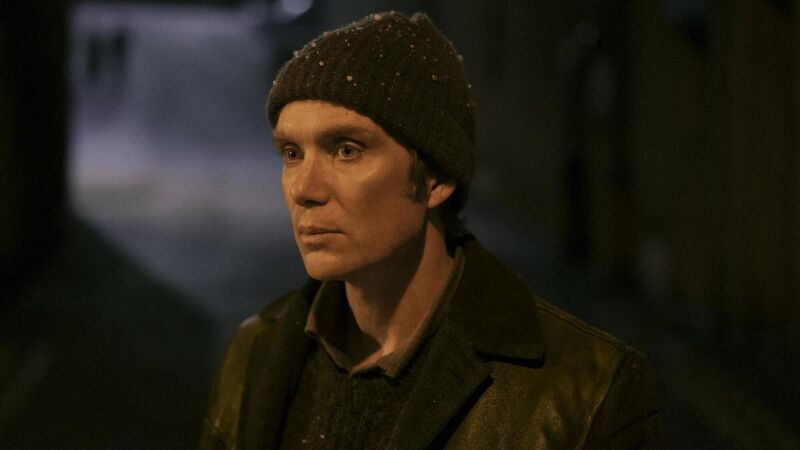Small Things Like These review: Cillian Murphy is in the form of his life

Cillian Murphy as Bill Furlong in Small Things Like These. Picture: Enda Bowe
★★★★★
Christian instinct meets Catholic hegemony in Small Things Like These (12A), which opens in New Ross in 1985 with Christmas flying in.







